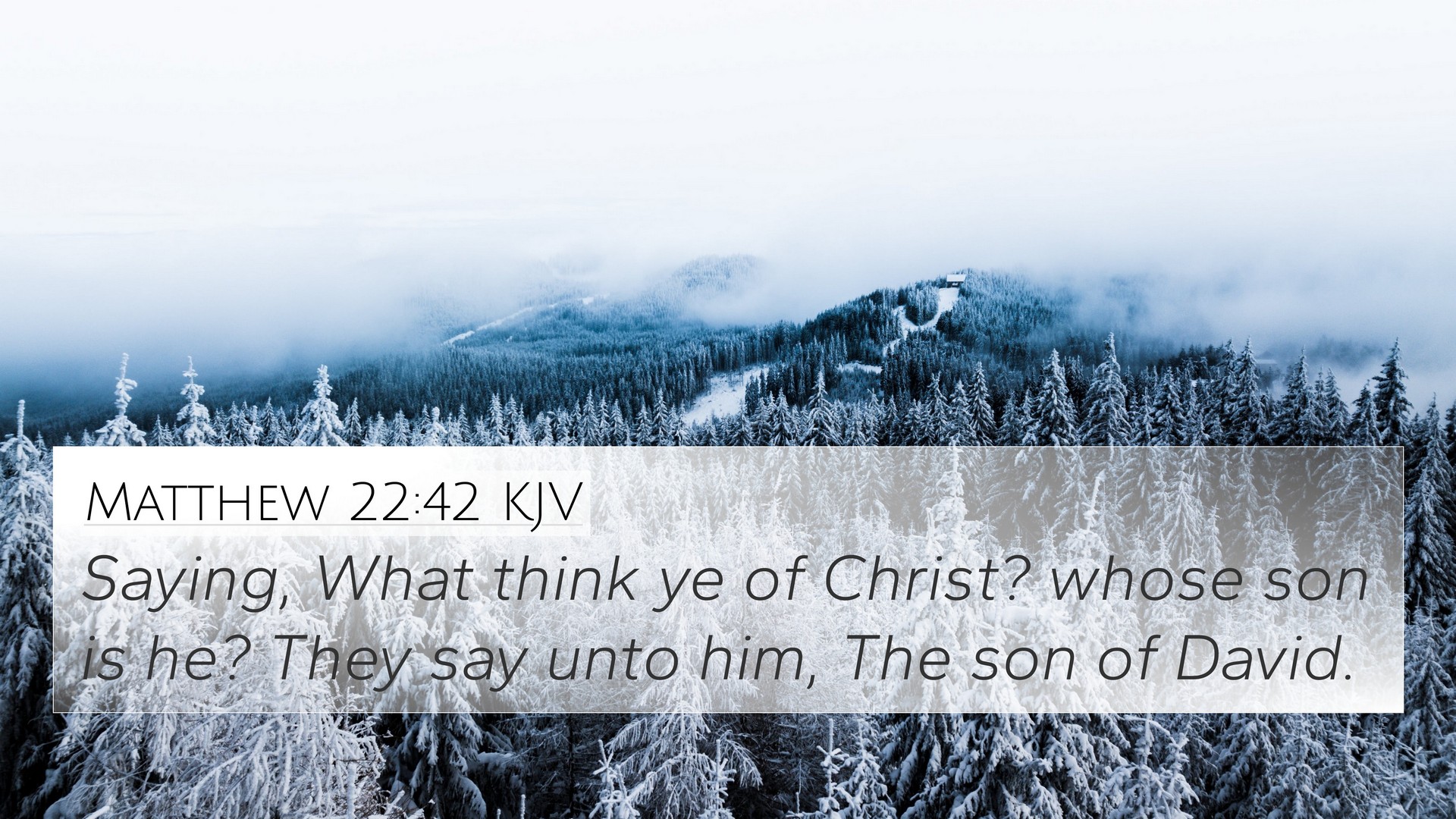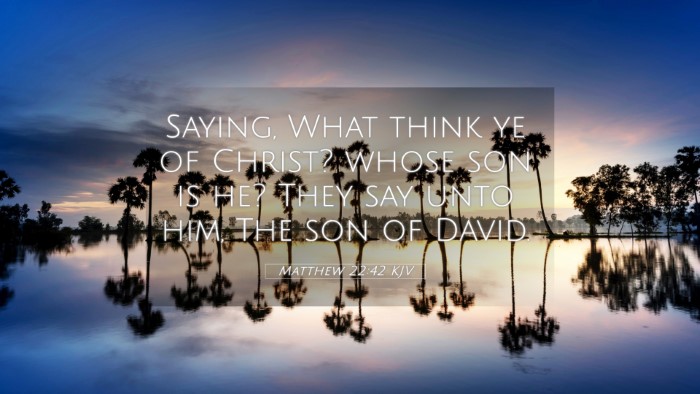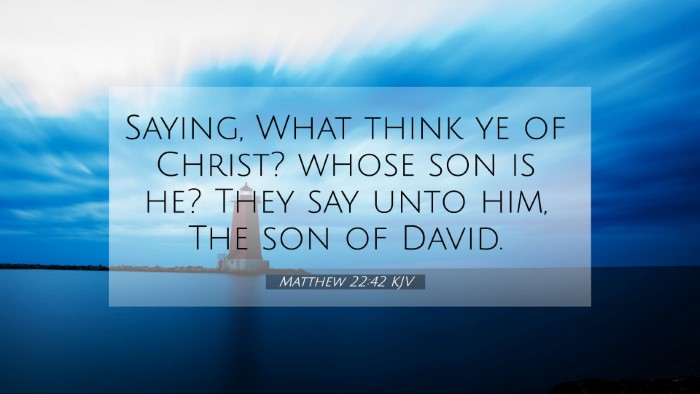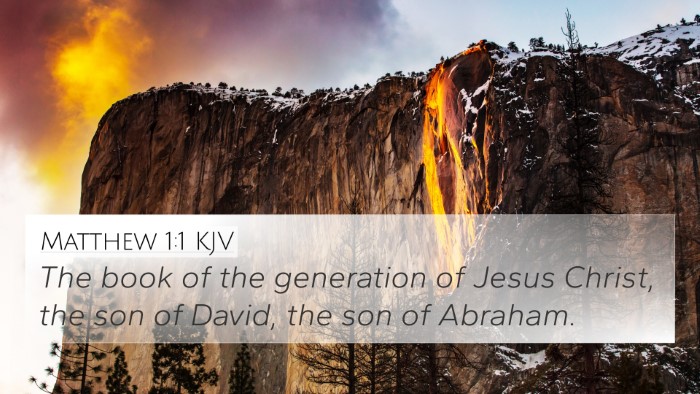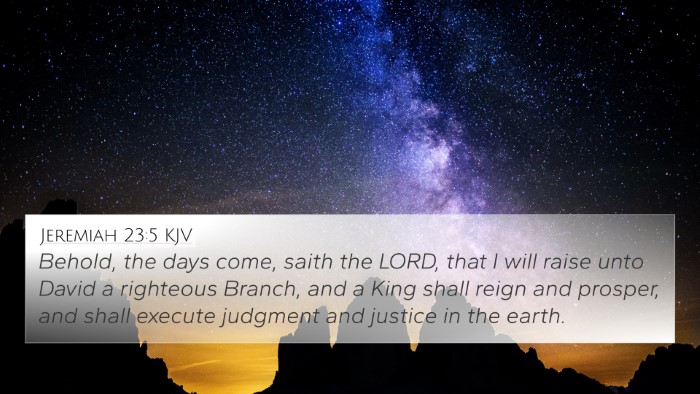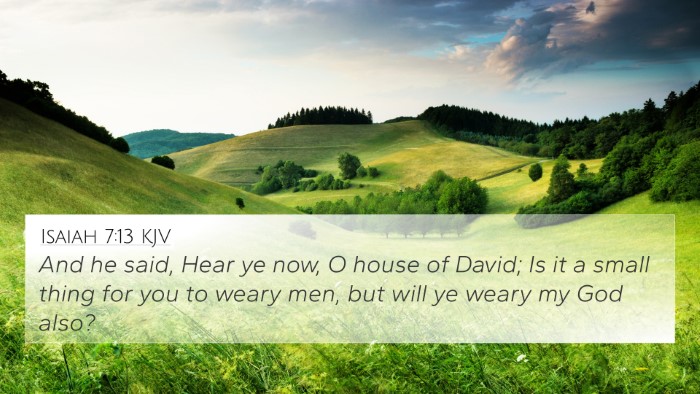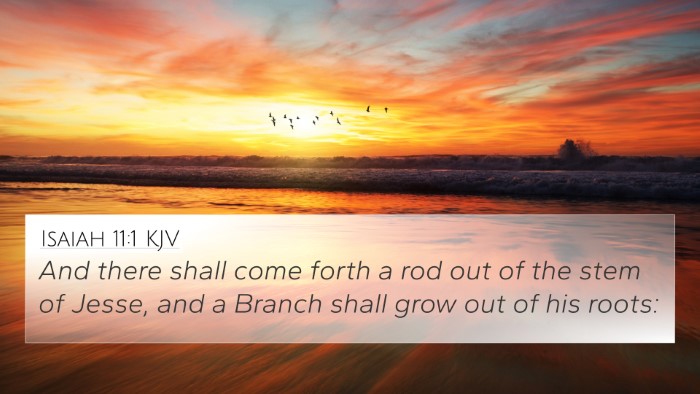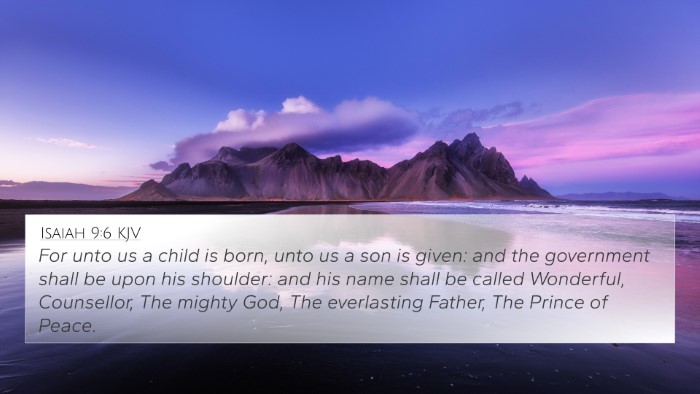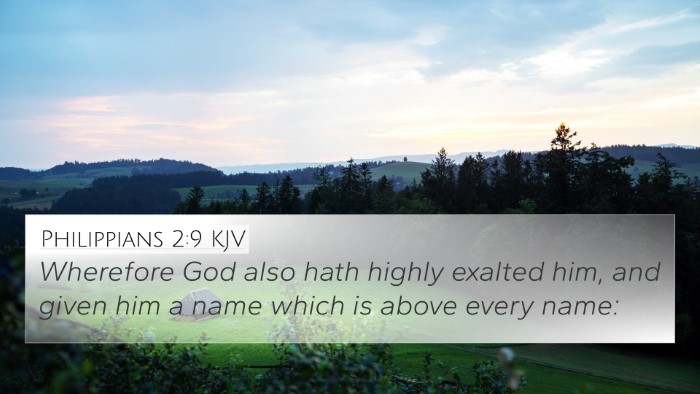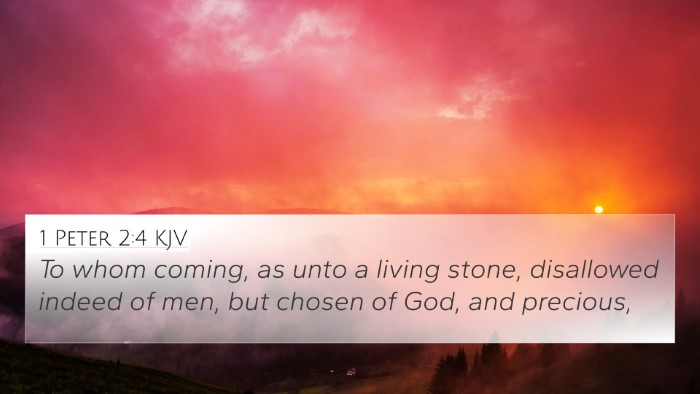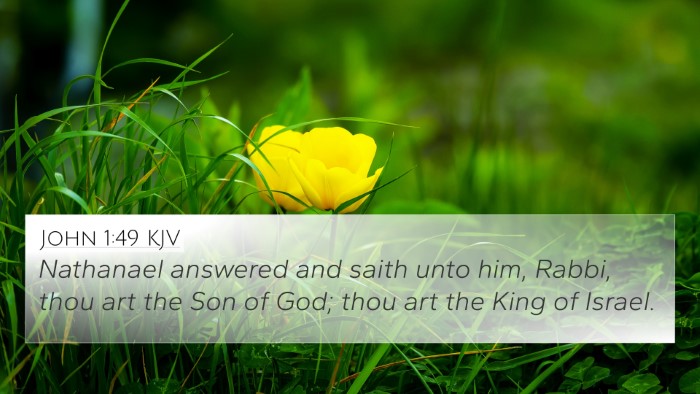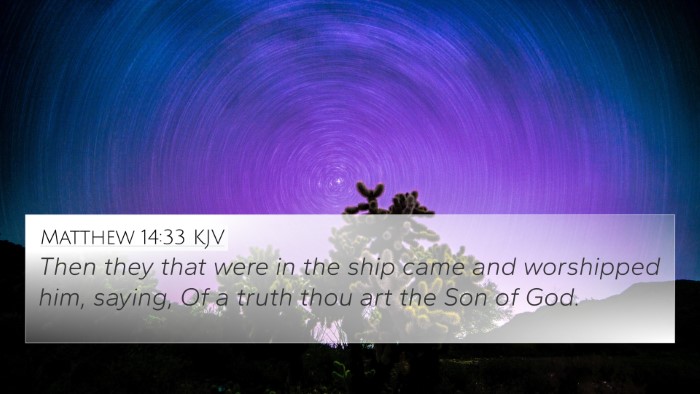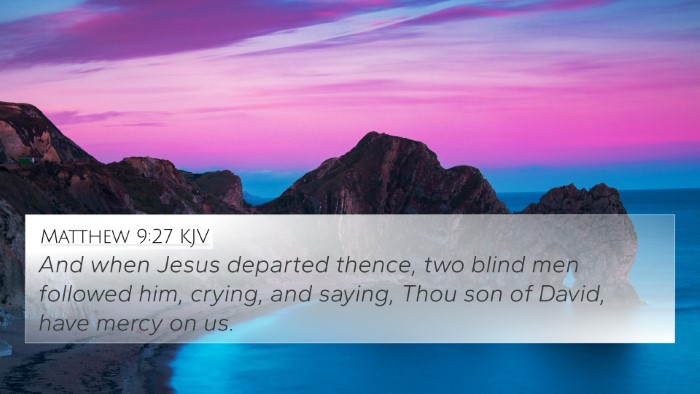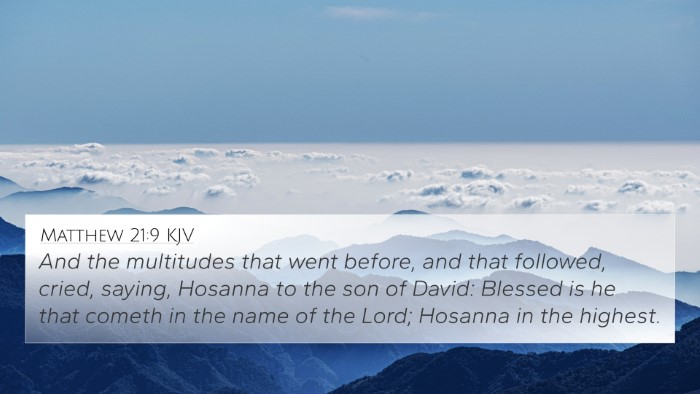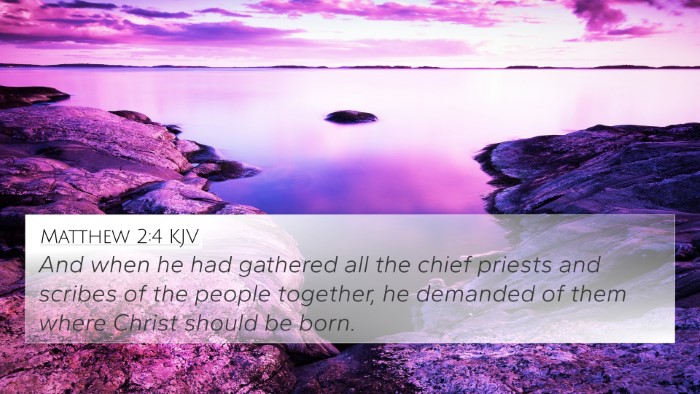Understanding Matthew 22:42
Matthew 22:42 poses a significant inquiry into the identity of Christ, asking, "What think ye of Christ? Whose Son is he?" This question invites deep reflection on the nature of Jesus and His relationship to both humanity and divinity. We will explore this verse through insights drawn from various public domain commentaries, including those of Matthew Henry, Albert Barnes, and Adam Clarke.
Verse Context and Meaning
In this passage, Jesus engages with the Pharisees, who attempted to challenge Him with difficult questions. His question regarding the identity of the Messiah serves two purposes: it reveals the misunderstanding of the religious leaders about the Messiah's nature and asserts His own divine identity.
Insights from Matthew Henry
Matthew Henry emphasizes the importance of understanding who Christ is for proper spiritual insight. He points out that the question posed by Jesus was foundational, not just for the Pharisees but for all believers. Recognizing Jesus as the Son of David acknowledges His messianic lineage, yet Henry notes that this title does not fully encapsulate Christ's divine nature as the Son of God.
Albert Barnes' Commentary
Albert Barnes highlights the implications of the title "Son of David." He explains that while this title indicates Jesus's royal lineage and messianic role, Jesus uses this moment to challenge the prevailing misconceptions about the Messiah. Barnes elucidates that the Messiah's superiority goes beyond earthly lineage; He is divine and pre-existent.
Adam Clarke's Perspective
According to Adam Clarke, the question presented by Jesus essentially forces His interlocutors to confront their own understanding and beliefs about the Messiah. Clarke notes that the Pharisees acknowledged the Messiah's connection to David but failed to grasp His supreme divine authority and power, which is articulated in this exchange.
Key Themes and Theological Implications
This verse embodies vital themes, including:
- Messianic Identity: The inquiry into who Christ is suggests that understanding Jesus’s identity is crucial for appreciating His mission and role in salvation history.
- Divine and Human Nature: The verse reflects the tension between Jesus's earthly existence and His divine origin, challenging readers to explore His dual nature.
- Invitation for Reflection: By asking this question, Jesus invites all people to reflect personally on their beliefs about Him, encouraging a deeper engagement with faith.
Cross-References and Thematic Connections
Matthew 22:42 interconnects with several Bible verses that enrich its interpretation:
- Psalm 110:1: "The Lord said unto my Lord, Sit thou at my right hand, until I make thine enemies thy footstool." This verse relates to the recognition of Jesus’s lordship.
- Isaiah 9:6: "For unto us a child is born, unto us a son is given..." offers prophetic insight into Christ’s identity as both God and King.
- Matthew 1:1: "The book of the generation of Jesus Christ, the son of David, the son of Abraham." This genealogy links Jesus firmly to His Davidic lineage.
- Luke 1:32-33: "...and the Lord God shall give unto him the throne of his father David." This directly relates to the expectation of the Messiah.
- John 1:49: Nathaniel’s proclamation of Jesus as "the Son of God" reflects the recognition of Christ’s divine identity.
- Romans 1:3: "...concerning his Son Jesus Christ our Lord, which was made of the seed of David according to the flesh." This verse emphasizes the dual nature of Christ.
- Hebrews 1:3: "Who being the brightness of his glory, and the express image of his person..." touches upon the divinity of Christ.
Connecting Themes and Verses
Understanding Matthew 22:42 requires seeing its connection to other biblical themes and verses. These connections reveal layers of meaning:
- The Nature of Christ: Connecting Matthew 22:42 with John 8:58, where Jesus states "Before Abraham was, I am," showcases His eternal existence.
- Faith and Declaration: The declaration found in Matthew 16:16, "Thou art the Christ, the Son of the living God," reinforces the truth of Christ’s identity as accepted by Peter.
- Christ’s Authority: Drawing parallels with Matthew 28:18, where Jesus asserts His authority, emphasizes His role as divine ruler.
Conclusion
Matthew 22:42 serves as a profound inquiry into the identity of Jesus Christ, prompting readers to reflect on their understanding of who He is. Integrating insights from commentaries along with cross-references reveals a more comprehensive understanding of scriptural themes. This interplay between verses enriches biblical interpretation and strengthens faith.
Tools for Further Study
For those interested in exploring cross-references and thematic connections in the Bible, various tools can enhance your study:
- Bible Concordance: A valuable resource for locating verses and keywords.
- Bible Cross-Reference Guide: Helpful for identifying related verses.
- Cross-Reference Bible Study Methods: Offer structured approaches for deeper exploration of scripture.
